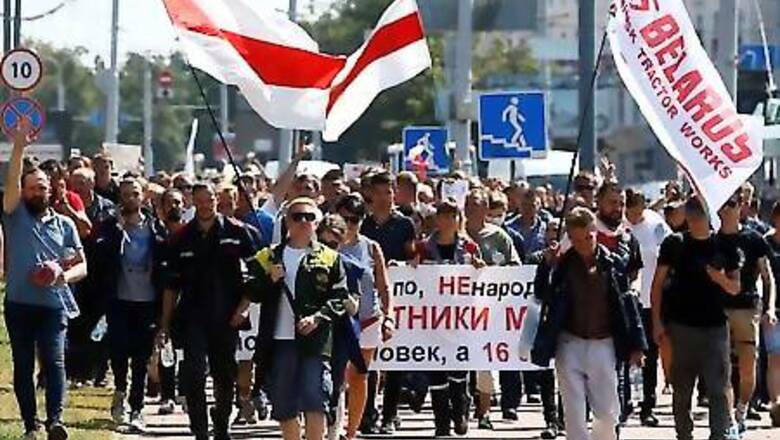
views
BRUSSELS European Union leaders will send a message of solidarity to Belarusian protesters and will tell Russia not to meddle in the former Soviet republic when they hold an emergency video conference on the crisis on Wednesday, EU officials said.
The EU has agreed to impose sanctions on Belarusian officials it deems responsible for election fraud and a crackdown on mass protests that followed an Aug.9 vote in which strongman leader Alexander Lukashenko claimed a landslide victory. His opponents say the election was rigged.
“The people of Belarus have the right to decide on their future and freely elect their leader,” said Charles Michel, president of the European Council, which represents the 27 national governments, in announcing the video conference.
“Violence against protesters is unacceptable and cannot be allowed.”
The EU’s top diplomat, Joseph Borrell, called on Monday for a “thorough and transparent investigation” into the reports of abuse and mistreatment of thousands of protesters.
A senior EU official, speaking on condition of anonymity, said Wednesday’s gathering would also send a message to Russia, Belarus’ Soviet-era overlord, where President Vladimir Putin has offered Lukashenko military help.
“The way out of the crisis is through an end to violence, through de-escalation, through dialogue and without outside interference,” said the official, without naming Russia.
The EU does not see a Russian military intervention in Belarus, a landlocked country of 9.5 million, as a likely scenario for now, diplomats said.
The 27 leaders will discuss what specific support they can give Belarus, where hundreds of thousands of people have been protesting since the election to demand that Lukashenko quit, in the biggest challenge yet to his 26-year-old rule.
STICK AND CARROT
Lithuania, which borders Belarus, has proposed an EU fund for victims of the crackdown. It says 50 million euros already earmarked for Belarus should be rerouted to bypass state institutions and support civil society.
Poland, also a Belarus neighbour, announced an initial $13 million on scholarships for Belarusian academics and funding for independent media. It said it would open up to Belarusian asylum seekers.
Wary of imposing new sanctions on Belarus without giving Lukashenko an alternative to seeking closer ties with Russia, Poland also said EU funds should flow to Belarus through a European Endowment for Democracy, which supports projects from Ukraine to Tunisia.
Poland, the three Baltic states and others have called for EU mediation between Lukashenko and the opposition.
Before the contested election, relations between the EU and Belarus had improved, with the bloc dropping some sanctions on Minsk after Lukashenko released political prisoners in 2016.
The EU still has an arms embargo on Belarus, as well as a ban on selling equipment that could be used for repressions.
The first set of new EU sanctions, expected to be finalised in the coming weeks, are only expected to cover a handful of officials. They would be barred from entering the bloc and any assets they held there would be frozen.
A German government spokesman said on Monday any further sanctions would depend on how Minsk reacts, suggesting the EU could step them up if Lukashenko opts for more violence, or ease them if he backs down and releases those in detention.
(Reporting and writing by Gabriela Baczynska, Additional reporting by Joanna Plucinska in Warsaw and Alexander Ratz in Berlin, Editing by Gareth Jones)
Disclaimer: This post has been auto-published from an agency feed without any modifications to the text and has not been reviewed by an editor










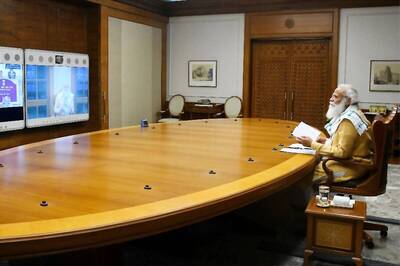
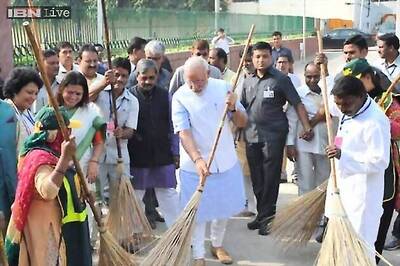

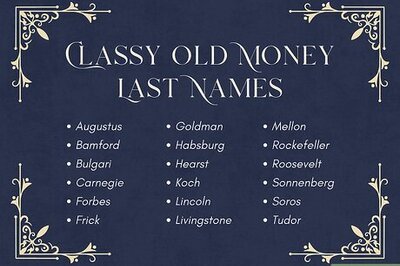

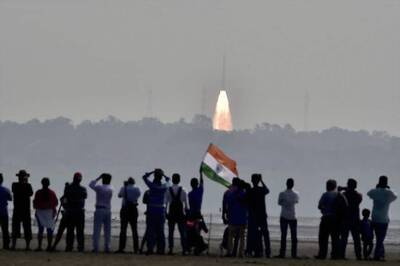

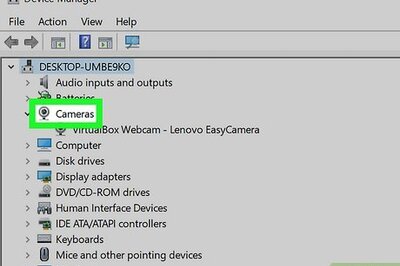
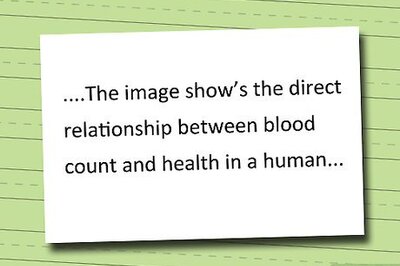
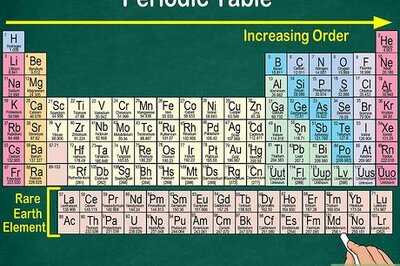
Comments
0 comment